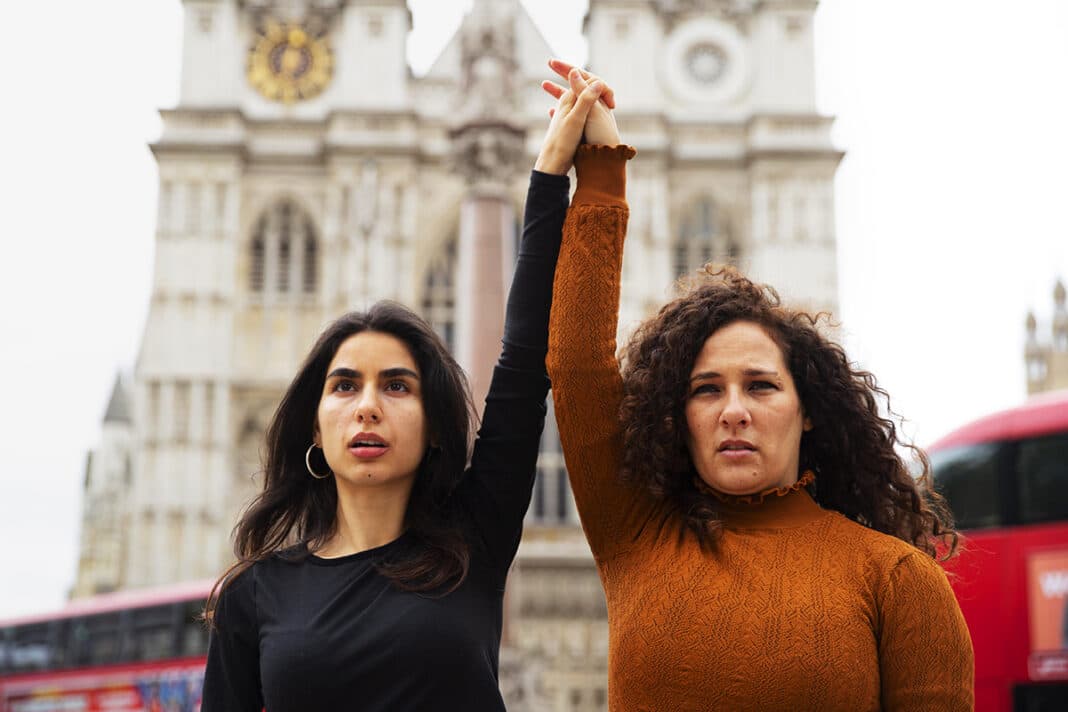Breaking Down Homophobia: An Issue That Harms Us All
Homophobia is a significant social problem that affects people from all walks of life. Homophobia encompasses the irrational fear and dislike of individuals who identify as lesbian, gay, bisexual, or transgendered. It operates on a spectrum, ranging from individual acts of discrimination to institutionalized societal bias that disproportionately disadvantages members of the LGBTQ+ community.
According to a 2019 poll by the Pew Research Center, 42% of LGBTQ+ individuals reported experiencing discrimination in their day-to-day lives. The same data revealed that 56% of Americans believed that homophobia, biphobia and transphobia were a significant problem. These shocking statistics highlight the need for more open dialogue around homophobia to reduce this intolerant behavior.
This article aims to analyze the impact of homophobia on society, explore its root causes, and provide solutions to combat this, sometimes life-threatening, hate.
The Impact of Homophobia on Society
Homophobia has detrimental effects on the mental and physical health of LGBTQ+ individuals and contributes to social division and inequality. The social stigma coupled with criminalization and physical violence exacerbate mental health issues such as anxiety, depression, and thoughts of suicide.
Physical violence against LGBTQ+ individuals is also a factor that contributes to the inequality that exists in our society. In fact, a 2017 study by the Williams Institute found out that there has been a surge in violence against LGBTQ+ individuals in the United States. Furthermore, it found that sexual minorities experienced 10 percent more violence than their straight counterparts of similar ages.
Homophobia also results in systematic discrimination in areas such as employment, marriage, parental rights, and access to healthcare for LGBTQ+ individuals. In some areas, it remains legal for employers to fire individuals solely on the basis of their sexual orientation or gender identity. Moreover, the protection against discrimination for LGBTQ+ individuals varies among states, and there is no federal law against workplace discrimination.
The impact of homophobia on society goes beyond the mistreatment of LGBTQ+ individuals. Homophobia, like any other form of discrimination, contributes to social division and inequality. It is a root cause of interpersonal conflicts where people or groups of people feel different or categorized by factors such as race, gender, religion, or sexual orientation. It breeds a culture of intolerance that encourages hostility, violence, and extremism.
The Root Causes of Homophobia
Homophobia is a complex social problem with deep-rooted psychological and cultural causes. At its core, homophobia stems from a lack of knowledge about or familiarity with the LGBTQ+ community. It is easy to fear or hate those you do not understand or whose existence challenges your worldview.
Cultural and religious attitudes towards LGBTQ+ individuals have also contributed to homophobia. Some religions regard homosexuality as a sin, and traditional cultural beliefs that uphold heterosexual relationships as the norm contribute to homophobia. These attitudes further reinforce the stigma surrounding LGBTQ+ individuals.
Moreover, homophobia is often perpetuated in families where LGBTQ+ individuals are not accepted, leading to the development of negative perceptions among family and, potentially, the wider community. It is through familial acceptance and understanding that people are more likely to be accepting of LGBTQ+ individuals.
Combatting Homophobia
Reducing the effects of homophobia requires a collective will to change, beginning with individuals. One of the most powerful tools to combat homophobia is through education. Knowledge can assist in breaking down the myths and stereotypes surrounding the LGBTQ+ community.
It is also critical for acceptance of lesbian, gay, bisexual, transgendered individuals to be supported by law. With a legal framework that fosters equality, companies can be held accountable for discrimination in the workplace, and the LGBTQ+ community can receive equal access to healthcare and other social services.
Individuals can also participate in activism to combat homophobia. There are many opportunities for people to make a difference in the lives of LGBTQ+ individuals, such as supporting LGBTQ+ charities, volunteering, engaging in grassroots activism, and voting for politicians that advocate for LGBTQ+ rights.
In addition to activism, it is vital for people to challenge their assumptions and biased views. Initiating conversations, attaining new knowledge, and reevaluating pre-existing beliefs are essential steps in reducing homophobia. As individuals, it is important to demonstrate an eagerness to listen, learn, and educate others.
Conclusion
Homophobia remains a significant societal problem that affects people in many different ways. It can cause lasting harm to LGBTQ+ individuals, who battle stress, discrimination, and intolerance daily. It also affects society at large by increasing inequality, promoting social division, and threatening peace and harmony in our communities.
Reducing the effects of homophobia requires a collective will. Individuals can make a difference, from educating themselves and others, supporting equality laws, to activism, every step counts.
Moving toward equality for LGBTQ+ individuals begins with acknowledging the harm caused by homophobia and actively working to combat it. With effort and commitment, we can create a society where all individuals can thrive and achieve their full potential.
- Why Legislation is Vital for a Functioning Society: The Importance of Keeping Laws Current and Relevant - 28 de mayo de 2023
- Master the Art of Persuasion: How to Negotiate Successfully Every Time - 28 de mayo de 2023
- Join the Fight for a Greener Future: A Call to Action for Environmental Sustainability - 28 de mayo de 2023



